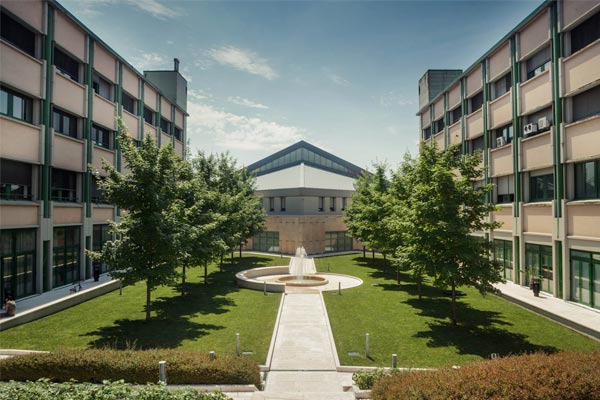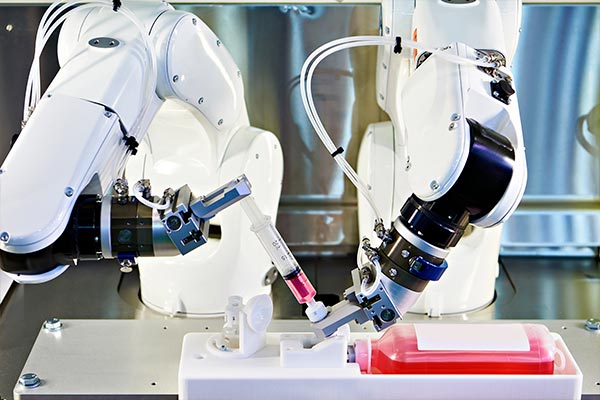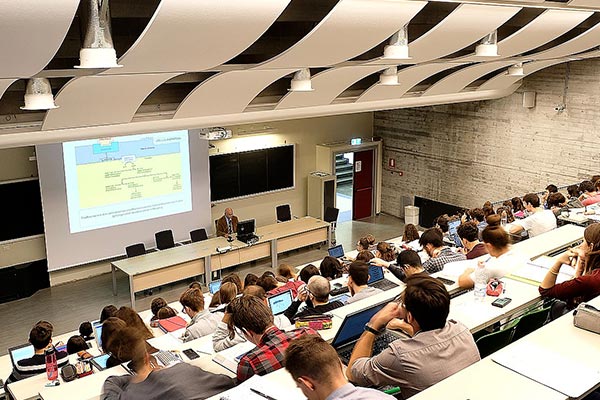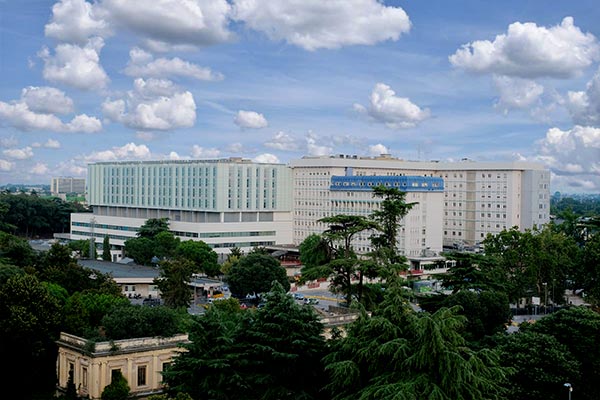- Dipartimento

Presentazione
Governance
Contact us
- Ricerca

Attività di ricerca
- Didattica

Corsi di Studio
PhD programmes and postgraduate training
- Territorio e società

Servizi per il territorio
Information for community
Contact us
- People
- contacts
-



